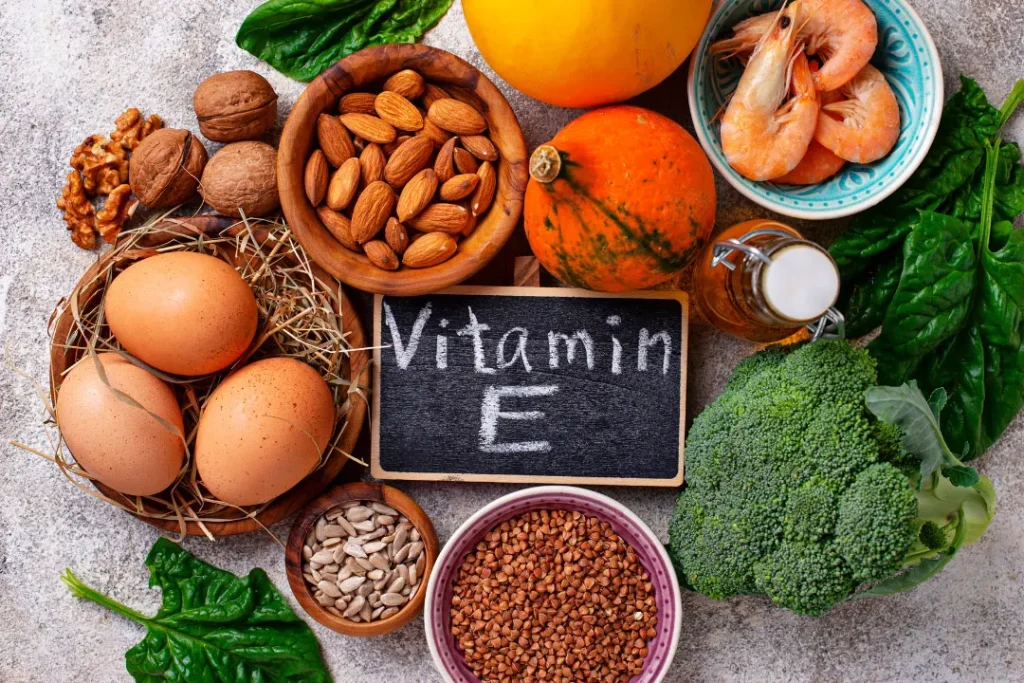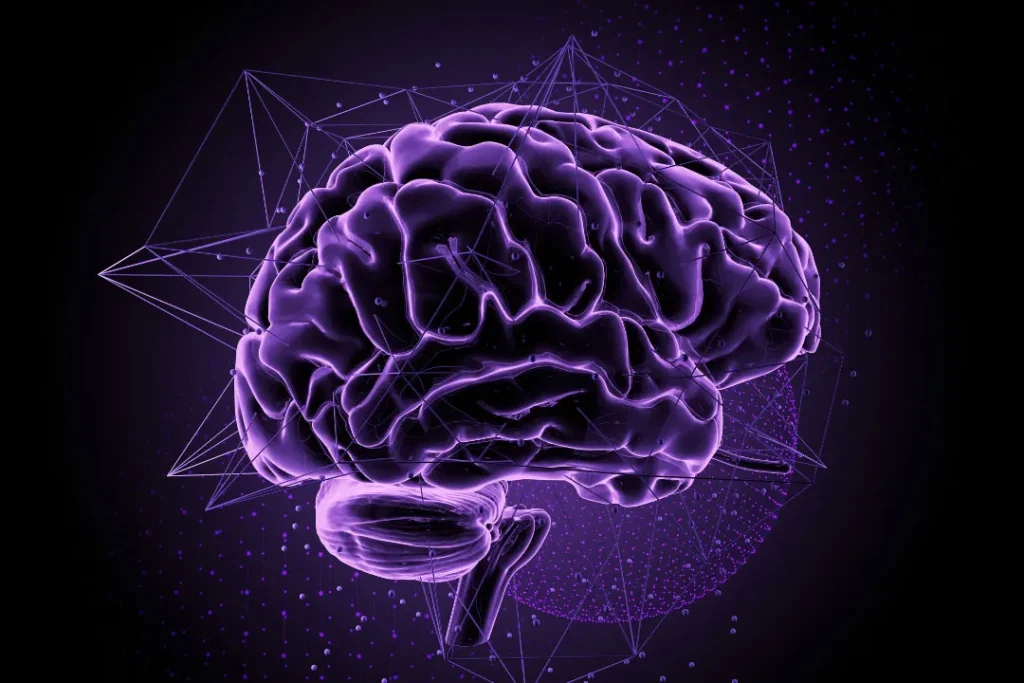People all over the world are eagerly adopting natural resources into their diets and lifestyle regimens as they embrace the holistic approach to wellbeing. Due to its variety of nutrients and possible health advantages, cotton, more especially cottonseed, has garnered global attention among these natural resources. This article aims to explore the properties of cotton as a dietary supplement, as well as its advantages for health, recommended dose, negative effects, and possible drug interactions.
You May Also Like:
Coleus: Benefits, Dosage, Side Effects, Drug Interactions, and Other Important Information
Nature of Cotton
The Gossypium genus contains the ubiquitous cash crop known as cotton, which is best recognized for its fluffy, fiber-filled bolls. These fibers are used as the textile industry’s raw material. The potential nutritional value of cotton seeds is understudied. Protein, fiber, and essential fatty acids are among the components found in high concentration in cotton seeds. Additionally, they contain a remarkable variety of vitamins and minerals.
Health Benefits
Cotton is said to have a nutrient-dense composition and to offer numerous health advantages. Cottonseed’s high-quality protein may help with muscle development and repair, and its high fiber content may enhance digestive health.
Due to its linoleic acid concentration, cottonseed oil can potentially enhance cardiovascular health. A diet high in linoleic acid has been linked to lower levels of LDL cholesterol, less inflammation, and a decreased risk of heart disease, according to research. Additionally, the inclusion of vitamin E, a strong antioxidant, may aid in scavenging dangerous free radicals and enhancing general health and wellbeing.

Chemistry of Cotton
Cottonseed’s chemical makeup reveals a variety of bioactive substances. Except for lysine, which is typically added to cottonseed meal for feed reasons, it includes high-quality protein with a decent balance of important amino acids. It contains a lot of saturated fatty acids including palmitic acid and omega-6 fatty acids. The seed also contains a sizable number of minerals including potassium, magnesium, and zinc as well as vitamins like vitamin E.
The main product made from cotton seeds is cottonseed oil, which contains a significant amount of linoleic acid (LA), a polyunsaturated omega-6 fatty acid that makes up between 50 and 60 percent of the oil’s fatty acid composition. Linoleic acid is one of the two necessary fatty acids that people must have from their diet, as our systems cannot produce linoleic acid on their own.

Physiological Mechanism of Action
Linoleic acid, one of the biological components of cotton, has special impacts on human bodies. Arachidonic acid, a precursor to several bioactive lipid mediators including prostaglandins, leukotrienes, and other eicosanoids, is created by the body’s conversion of linoleic acid to arachidonic acid. These molecules are essential for several physiological functions, such as brain function, immunological response, and inflammation.
Linoleic acid is an omega-6 fatty acid that is crucial for the health of the brain. These fatty acids are essential for the formation, development, and operation of neurons and are a fundamental component of cell membranes, notably in the brain. As a result, they are important for cognitive functions including learning and memory.

Optimal Dosage
Since further study is required to prove it, the ideal dose of cotton as a dietary supplement has yet to be discovered. Given its high omega-6 concentration, cottonseed oil is advised to be eaten in moderation and as part of a balanced diet. An imbalance and inflammation may result from an excessive diet of omega-6 fatty acids without a proportional intake of omega-3 fatty acids.
Side Effects
Gossypol, a natural phenol present in the color of cotton seeds, is primarily responsible for the potential negative consequences of cottonseed ingestion. Gossypol can cause potassium deficit and is hazardous in high doses, which can impair the health of the heart. Therefore, gossypol is often removed from commercially processed cottonseed products.
Potential Substance Interactions
Cotton and other compounds do not yet interact in any recognized ways. High levels of omega-6 fatty acids, however, should be used with caution by those who use blood thinners since they could impact blood coagulation.
In conclusion, cotton, especially cottonseed, has a nutritional composition that may provide various health advantages. Due to its omega-6 fatty acid and gossypol content, however, its usage as a dietary supplement requires a balanced and restricted approach. It is necessary to conduct additional study to determine the ideal dosage levels and look into any possible drug interactions.

Best Responsible Uses
The oil form of cotton is the most ethical way to utilize it as a dietary supplement when it is incorporated into a nutritious, well-balanced diet. Ensuring the oil is refined and devoid of gossypol is essential. If processed properly to remove gossypol and given lysine supplements, cottonseed meal, which is used as animal feed, has potential as a protein supplement.
Despite cotton’s promised nutritional supplement qualities, consumption should be accompanied by knowledge of its nutrient makeup, potential health advantages, and adverse effects. Before beginning or altering any dietary program, as is the case with any dietary supplements, it is wise to speak with a healthcare professional.
Cotton, in its responsibly used forms, appears as a potential contributor to the movement towards natural and holistic wellbeing, underscoring the crucial interaction between agriculture and human health.
Cotton: Conclusion
As research concerning the health advantages of cotton continues to blossom, many health brands have already begun incorporating this ingredient into a variety of products. Since additional study is required, it is important to be cautious when consuming any dietary supplements or skincare products containing cottonseed oil.
Those who are looking to increase cognitive function may fare well by experimenting with cotton and cottonseed oil, but do not exceed the recommended dosage without the express consent of your healthcare provider. Beware the adverse effects of gossypol, especially those who have ongoing health concerns and are currently taking medications to offset their symptoms. Implement cotton into your diet and lifestyle today to get a head start on its numerous potential health advantages.
References:
- Journal of Cotton Research.link:https://jcottonres.biomedcentral.com/
- Policy and R&D Intervention to increase Cotton Production and Industrial GrowthAICRP – Annual Report 2022 – 23.link:https://cicr.org.in/
- Cotton Production Research.link:https://www.cottoninc.com/cotton-production/ag-research/
Important Note: The information contained in this article is for general informational purposes only, and should not be construed as health or medical advice, nor is it intended to diagnose, prevent, treat, or cure any disease or health condition. Before embarking on any diet, fitness regimen, or program of nutritional supplementation, it is advisable to consult your healthcare professional in order to determine its safety and probable efficacy in terms of your individual state of health.
Regarding Nutritional Supplements Or Other Non-Prescription Health Products: If any nutritional supplements or other non-prescription health products are mentioned in the foregoing article, any claims or statements made about them have not been evaluated by the U.S. Food and Drug Administration, and such nutritional supplements or other health products are not intended to diagnose, treat, cure, or prevent any disease.


